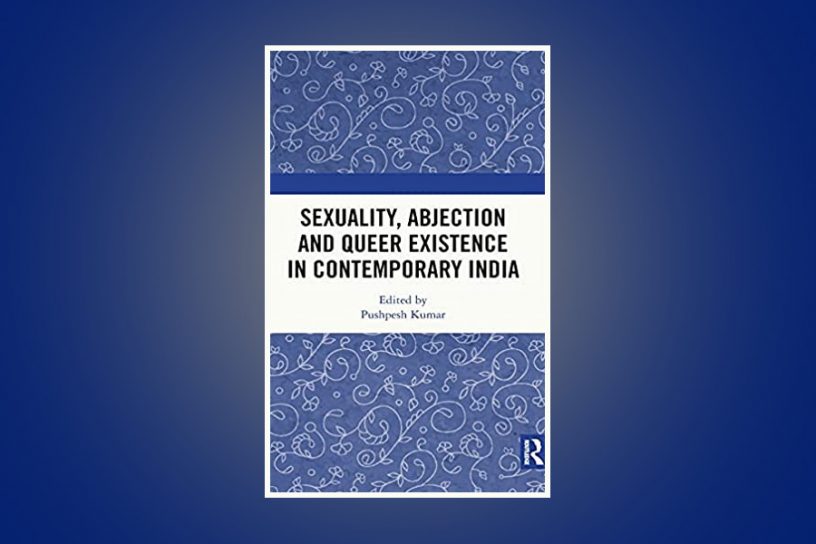
The complex story of sodomy as a ground for divorce narrated in this book chapter illustrates the hegemonic role of the familiar in giving meaning to the unfamiliar.
Author
Saptarshi Mandal, Associate Professor, Jindal Global Law School, O.P. Jindal Global University, Sonipat, Haryana, India.
Summary
The chapter provides an account of the relationship between the familiar and the unfamiliar through a case study of the legal regulation of sodomy in heterosexual marriage. Following English matrimonial law, Indian law allows women to seek divorce on the ground of sodomy committed by their husbands.
The chapter shows how English judges relied on familiar notions pertaining to marriage, complaints of sexual assault by women, and homosexuality, to give legal meaning to the unfamiliar, i.e., sodomy within marriage.
The result was a narrow interpretation of the provision whereby, in order to invoke the ground a wife had to prove that she had not consented to the alleged sodomy.
This judicial discourse that travelled to India with colonialism, however played out slightly differently in Indian courts, where, as the chapter shows, some women were able to escape bad marriages and subvert an unfriendly divorce law, owing to this very provision.
The complex story of sodomy as a ground for divorce narrated in this chapter, illustrates the hegemonic role of the familiar in giving meaning to the unfamiliar, but at the same time, alerts us to the possibilities of insurgency against the familiar that lie at the heart of the unfamiliar.
Published in: Sexuality, Abjection and Queer Existence in Contemporary India, Pages 151 – 164, Pages 151 – 164, Routledge India.
To read the full chapter, please click here.


